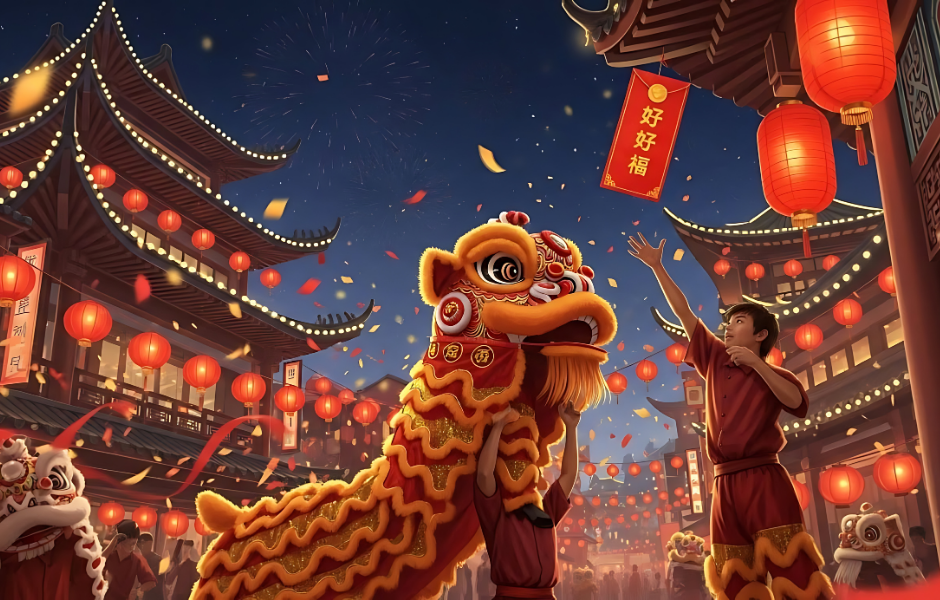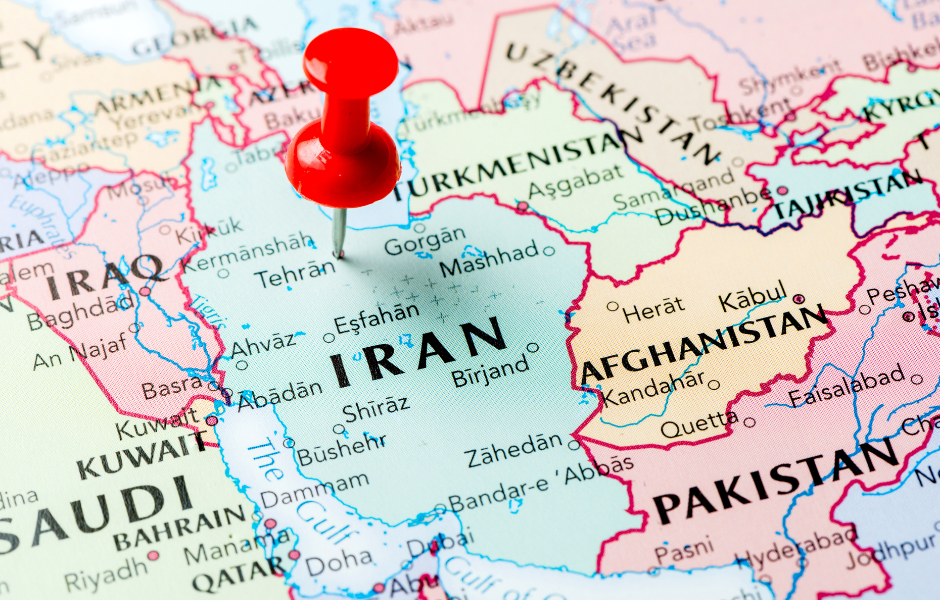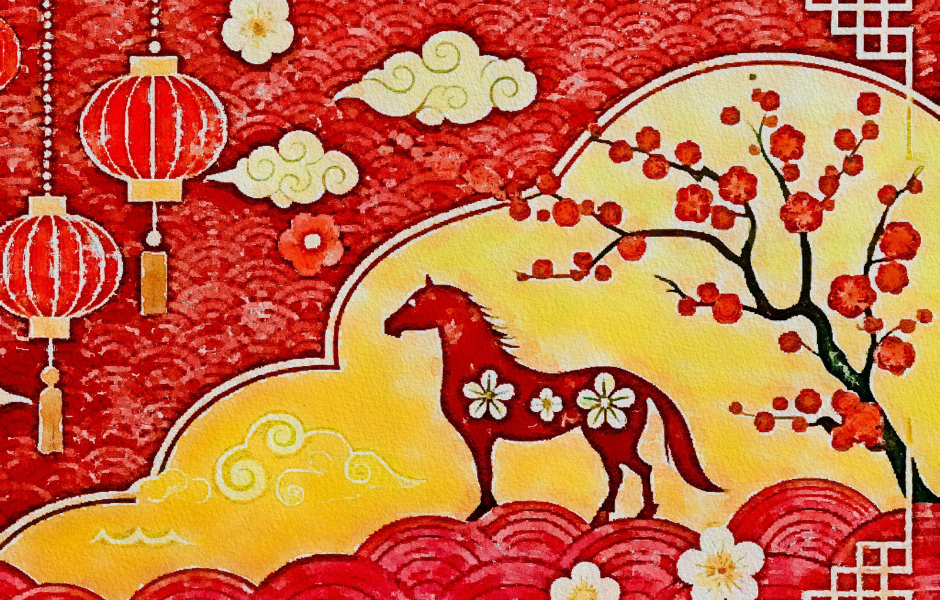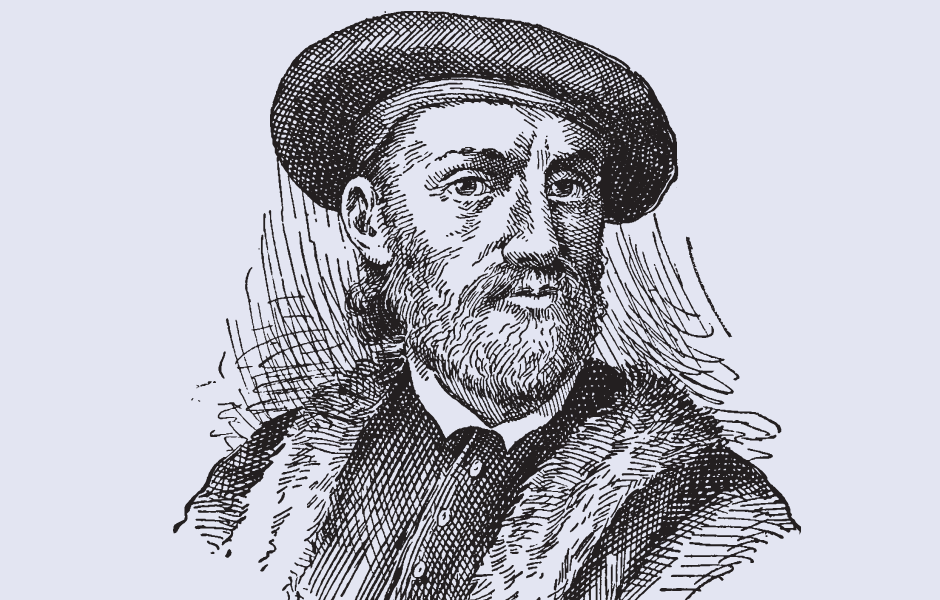
This children’s article, The story of Marco Polo, the world’s most famous explorer, has been written for native English speakers and learners of English as a second or foreign language. It can help children build vocabulary, learn about famous explorers, and discover how travel shaped our understanding of the world. Written by Mark Pulley, a teacher and writer who creates fun and informative news articles for English learners.
A kids’ guide to Marco Polo
Marco Polo is one of the most famous explorers in history, and his adventures changed how Europeans understood the world.
He was born in Venice in 1254 into a merchant family. Venice was a busy trading city, full of ships bringing goods from all over Europe and Asia. Marco’s father, Niccolò, and his uncle, Maffeo, were experienced travellers who had already journeyed far into Asia.
When Marco was just a teenager, he joined them on an extraordinary trip that would last almost 24 years.
Early life and the long journey east
In 1271, Marco set off with his father and uncle on a journey to Asia. They travelled across deserts, mountains, and dangerous trade routes. They met different cultures and languages as they followed the Silk Road, a famous network of paths used for trading silk, spices, and precious goods.
Their final destination was China, then ruled by Kublai Khan, the powerful leader of the Mongol Empire. It took them about four years to reach his court. Marco was still very young, but he quickly learned new languages and became skilled at observing new cultures.
Life with Kublai Khan
Marco Polo spent around 17 years living in China. He worked for Kublai Khan as a messenger, diplomat, and inspector. This allowed him to see parts of China and Asia that few Europeans even knew existed. He described huge cities, the Great Wall, advanced farming, impressive roads, and well-organised government systems.
He was also one of the first Europeans to write about coal being used as fuel, paper money being used in shops, and even cloth made from asbestos, a mineral that does not burn. His descriptions amazed people back in Europe because they had never heard of such things.
The return home and the famous book
The Polos finally returned to Venice in 1295 after almost a quarter of a century away. Marco’s stories were so extraordinary that many people did not believe him.
Soon after returning, Marco became involved in a war between Venice and its rival city, Genoa. He was captured and put in prison, where he met a writer named Rustichello da Pisa.
Rustichello usually wrote fairy tales, but he listened carefully as Marco described his travels. Together, they produced a book often referred to as The Travels of Marco Polo. It became one of the most important travel books ever written. It introduced Europeans to new lands, cultures, and inventions, and it inspired future explorers such as Christopher Columbus.
Legacy and later life
Marco Polo lived the rest of his life in Venice. Even when he was older, people still doubted some of his stories. When he was dying in 1324, he reportedly said that he had not told “half of what I saw”, suggesting his adventures were even greater than the book described.
Today, Marco Polo is remembered as one of the greatest explorers of all time. His writing opened Europe’s eyes to the wider world and encouraged centuries of exploration. His name is still known across the globe, appearing in films, books, airports, and even on the famous Marco Polo sheep of central Asia.
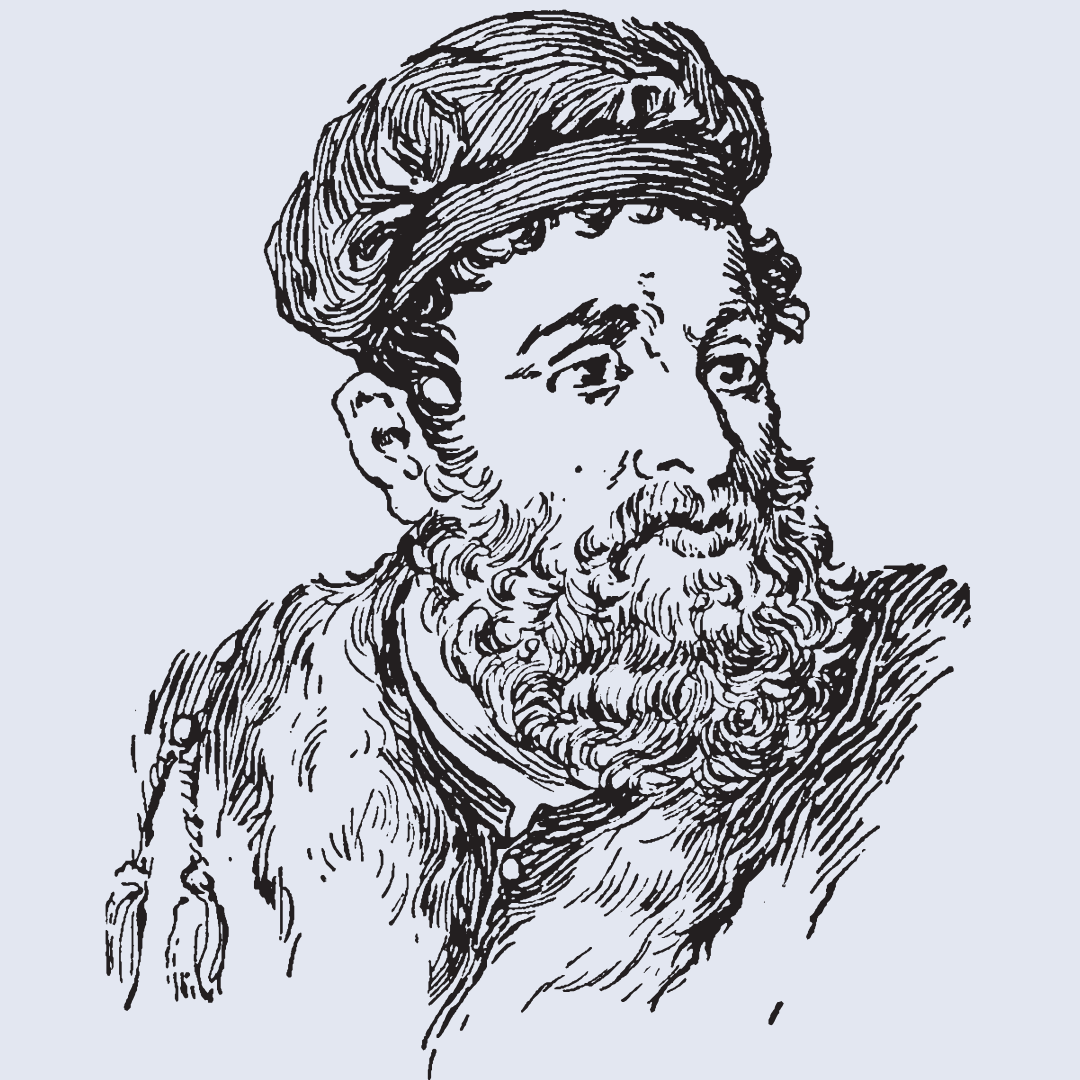
Article vocabulary list
- Merchant: A person who buys and sells goods.
- Silk Road: A group of ancient trade routes linking Europe and Asia.
- Diplomat: A person who represents their country and helps manage relationships.
- Invention: Something new that someone creates.
- Asbestos: A natural mineral that does not burn.
- Fuel: Something that is burned to create heat or energy.
- Culture: The customs, beliefs, and traditions of a group of people.
- Legacy: The impact or influence someone leaves behind after their life.
Comprehension questions
Just click the plus (+) to see the answer
1. Where was Marco Polo born?
A) Venice
B) Beijing
C) Cairo
Answer: A) Venice
2. How long did Marco Polo spend living in China?
A) 5 years
B) 17 years
C) 40 years
Answer: B) 17 years
3. Who ruled China when Marco Polo arrived?
A) Kublai Khan
B) Julius Caesar
C) Rustichello da Pisa
Answer: A) Kublai Khan
4. What surprising things did Marco Polo describe for the first time in Europe?
A) Snowboards and chocolate
B) Paper money and coal
C) Castles made of ice
Answer: B) Paper money and coal
5. Who helped Marco Polo write his famous book?
A) His father
B) A fairy tale writer named Rustichello
C) Christopher Columbus
Answer: B) A fairy tale writer named Rustichello

Mark is a writer and EFL teacher from England with eight years’ experience. He’s passionate about travel, sport (especially football), animals, nature, and history, and enjoys helping children explore the world through language and learning.

